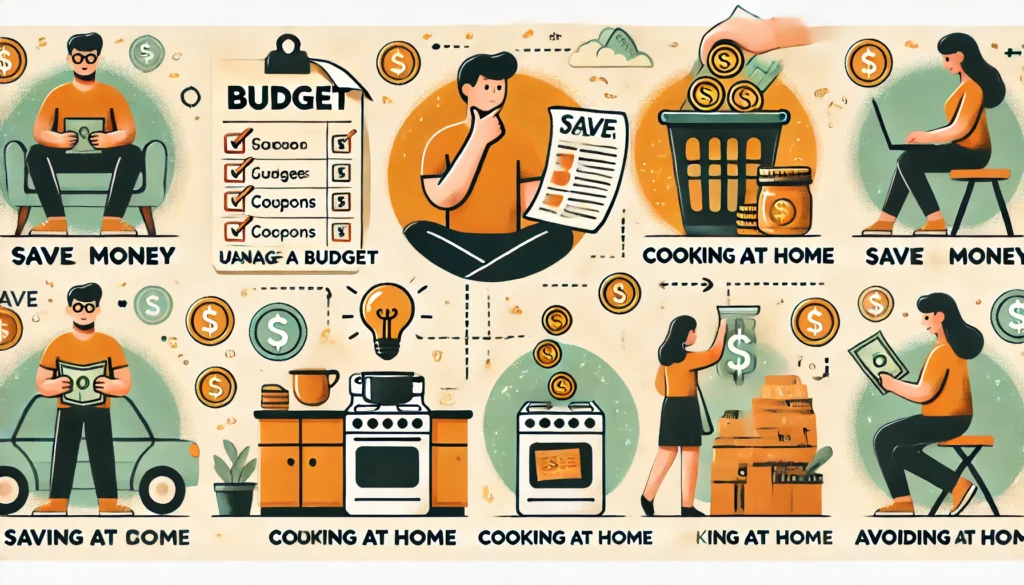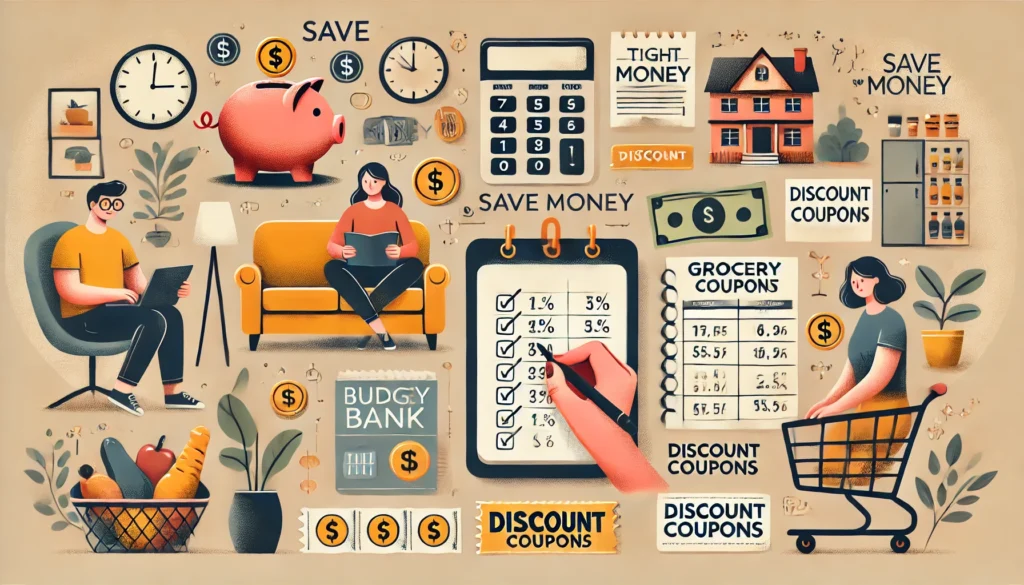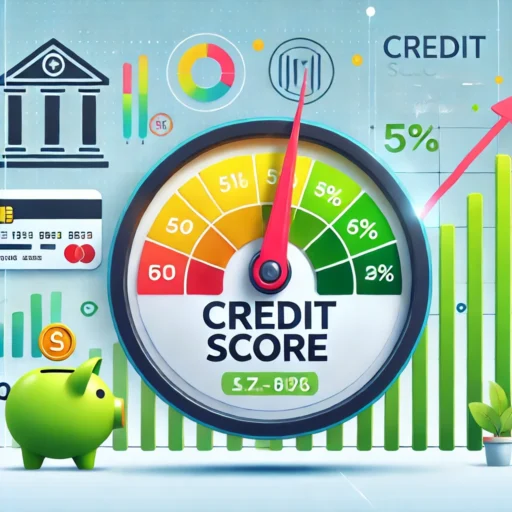A comprehensive Guide

In How to Improve Your Credit Score, we’ll break down easy, actionable steps to help you boost your credit score and take control of your financial future. Your credit score is like a financial report card. It tells lenders, banks, and even landlords how responsible you are with money. A good credit score can open doors to better interest rates on loans, credit cards, and even help you secure a rental apartment. On the other hand, a poor credit score can make life more expensive and stressful. The good news is that improving your credit score is entirely possible, and it doesn’t have to be complicated.
What is a Credit Score?
Before we dive into how to improve your credit score, let’s understand what it is. A credit score is a three-digit number, typically ranging from 300 to 850, that reflects your creditworthiness. The higher your score, the more trustworthy you appear to lenders. Credit scores are calculated based on several factors, including:
- Payment History (35%): Whether you pay your bills on time.
- Credit Utilization (30%): How much of your available credit you’re using.
- Length of Credit History (15%): How long you’ve had credit accounts.
- Credit Mix (10%): The variety of credit accounts you have (e.g., credit cards, loans).
- New Credit (10%): How often you apply for new credit.
Now that you know what makes up your credit score, let’s explore how you can improve it.
Pay Your Bills on Time:
Your payment history is the most significant factor in your credit score. Late or missed payments can seriously hurt your score, so it’s crucial to pay your bills on time, every time. Here are some tips to stay on track:
- Set Up Reminders: Use your phone’s calendar or a budgeting app to remind you of due dates.
- Automate Payments: Many banks allow you to set up automatic payments for bills like credit cards, loans, and utilities. This ensures you never miss a payment.
- Prioritize Payments: If you’re struggling to pay all your bills, focus on the ones that affect your credit score, like credit cards and loans.
Even one late payment can stay on your credit report for up to seven years, so make timely payments a habit.
Reduce Your Credit Utilization:
Credit utilization refers to the percentage of your available credit that you’re using. For example, if you have a credit card with a $1,000 limit and a $500 balance, your credit utilization is 50%. Experts recommend keeping your utilization below 30%, but ideally, aim for 10% or lower.
Here’s how to lower your credit utilization:
- Pay Down Balances: Focus on paying off your credit card balances as much as possible.
- Increase Your Credit Limit: If you have a good payment history, ask your credit card issuer for a higher limit. This will lower your utilization ratio without requiring you to spend less.
- Spread Out Purchases: Instead of putting all your expenses on one card, use multiple cards to keep individual utilization rates low.
Check Your Credit Report for Errors:
Mistakes on your credit report can drag down your score. Common errors include incorrect account information, duplicate accounts, or even fraudulent activity. You’re entitled to a free credit report from each of the three major credit bureaus (Equifax, Experian, and TransUnion) every year.
Here’s what to do if you find an error:
- Dispute the Error: Contact the credit bureau and the company that reported the error. Provide documentation to support your claim.
- Follow Up: Credit bureaus typically have 30 days to investigate disputes. Make sure the error is corrected and your report is updated.
Regularly reviewing your credit report can help you catch and fix errors before they harm your score.
Avoid Opening Too Many New Accounts:
While it might be tempting to open a new credit card or take out a loan, doing so can temporarily lower your credit score. Each time you apply for credit, a “hard inquiry” is recorded on your report, which can ding your score by a few points. Additionally, new accounts lower the average age of your credit history, which can also hurt your score.
Here’s how to manage new credit:
- Space Out Applications: Avoid applying for multiple credit accounts in a short period.
- Be Selective: Only apply for credit when you really need it.
Keep Old Accounts Open:
The length of your credit history matters. Older accounts show lenders that you have a long track record of managing credit responsibly. Even if you don’t use an old credit card anymore, consider keeping the account open to maintain your credit history.
- Use It Occasionally: To prevent the issuer from closing the account due to inactivity, use the card for small purchases every few months and pay it off immediately.
- Don’t Close Accounts Unnecessarily: Closing an old account can shorten your credit history and increase your credit utilization ratio.
Diversify Your Credit Mix:
Having a mix of different types of credit, such as credit cards, auto loans, and mortgages, can positively impact your score. It shows lenders that you can handle various types of debt responsibly. However, this doesn’t mean you should take on debt you don’t need. Only pursue new credit if it makes sense for your financial situation.
Be Patient and Consistent:

Improving your credit score takes time. There’s no quick fix, but with consistent effort, you’ll see progress. Here are some long-term strategies:
- Stick to a Budget: Managing your finances effectively will help you avoid overspending and accumulating debt.
- Monitor Your Score: Use free tools like Credit Karma or your bank’s credit monitoring service to track your progress.
- Stay Committed: Building good credit is a marathon, not a sprint. Stay focused on your goals.
Consider a Secured Credit Card or Credit-Builder Loan:
If you’re starting from scratch or rebuilding your credit, a secured credit card or credit-builder loan can help. These products are designed for people with limited or poor credit history.
- Secured Credit Card: You’ll need to provide a security deposit, which usually becomes your credit limit. Use the card responsibly, and your payments will be reported to the credit bureaus, helping you build credit.
- Credit-Builder Loan: With this type of loan, the lender holds the money in an account while you make payments. Once the loan is paid off, you get the money, and your positive payment history is reported to the credit bureaus.
Seek Professional Help if Needed
If you’re overwhelmed by debt or struggling to improve your credit score, consider reaching out to a nonprofit credit counseling agency. These organizations can help you create a debt management plan and provide personalized advice.
Recommended: How to Save Money on a Tight Budget
Final Thoughts
Improving your credit score is one of the best things you can do for your financial health. By paying your bills on time, reducing your credit utilization, and being mindful of your credit habits, you can steadily boost your score. Remember, it’s not about perfection but progress. Small, consistent steps can lead to significant improvements over time. Your credit score is a reflection of your financial habits, and with the right strategies, you can take control of it. Start today, and you’ll be on your way to a brighter financial future.
